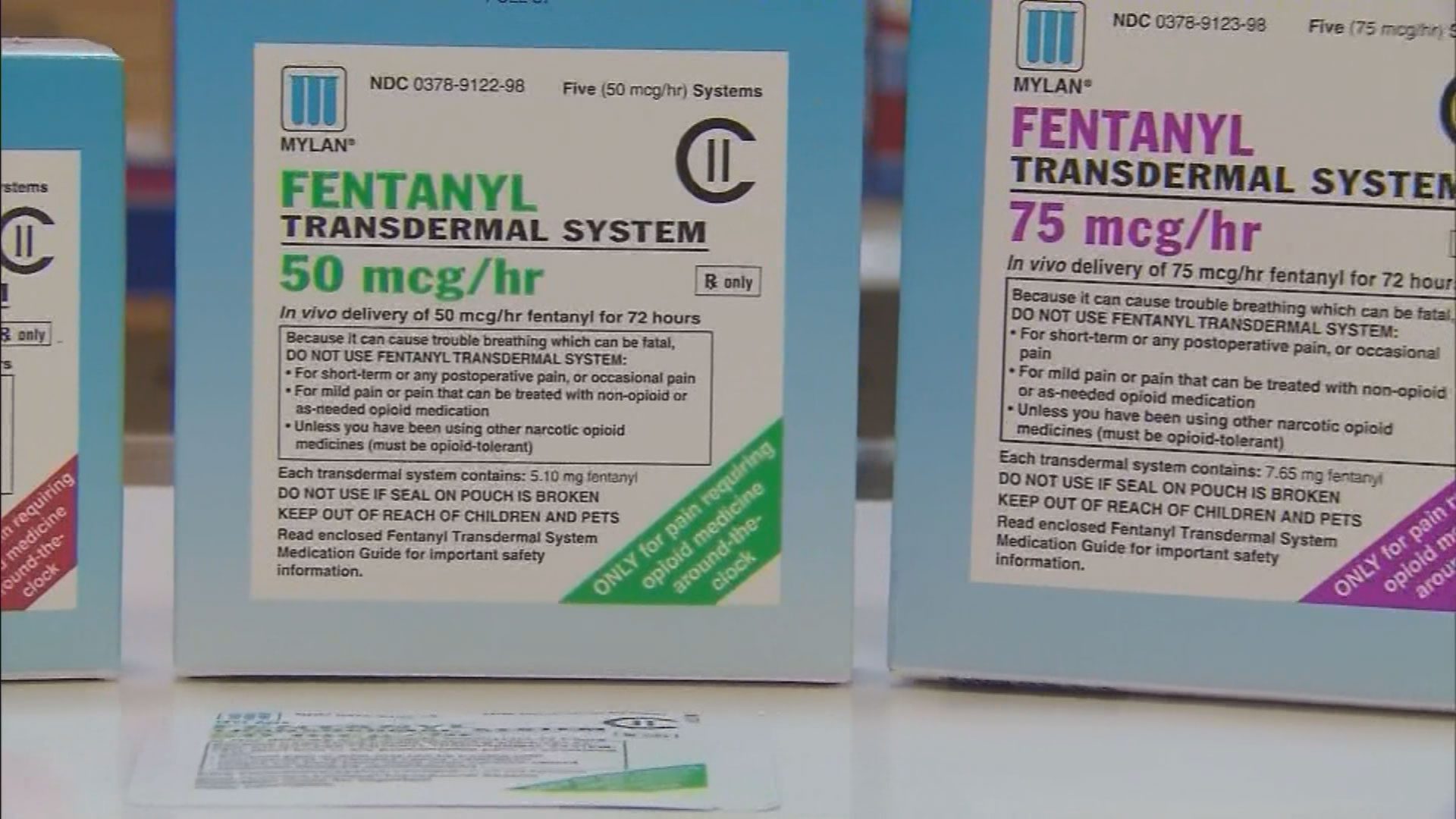A new report says at least five organized crime networks are operating Yukon’s illicit drug markets, costing the territory more than $100 million in lost productivity in 2021.
The findings come from Organized Crime in Yukon: An Examination of Criminal Networks and the Associated Impact.
The report was prepared by the Criminal Intelligence Service of British Columbia and Yukon, a federal agency that specializes in reducing harm caused by organized crime.
Data is current to May 2021 regarding organized crime network stems and December 2021 for information on harm, cost and impact.
The report does not name any organized crime networks and does not say whether or not Indigenous peoples are involved, but does say the drug networks “have varying degrees of connectedness amongst each other.”

It notes more than 250 people within Yukon and outside the territory are involved with organized crime networks, an increase to 60 people from 45 in 2017.
The report estimates illicit drugs cost the territory $113 million in health, criminal justice and other categories in 2021.
That estimate is expected to rise and could total $127 million by the end of 2023, it says.
Opioid-related costs are expected to total approximately $90 million of the 2023 forecast, mostly in lost productivity.

Researchers also found that organized crime generally pays more for drugs to be trafficked to Yukon compared to other provinces.
The report likewise looked at profits generated from organized crime in Yukon, which it evaluates to be around $12.5 million from the trafficking of crack cocaine, powder cocaine and opioids.
In 2021 around $1.5 million was used to further promote criminal activity, including violence, weapons trafficking, money laundering and human trafficking.
“That amount equates to approximately 20 per cent of health costs or 10 per cent of the estimated criminal justice costs stemming from illicit drugs during that same period,” the report says.
“The cost of organized crime activity in Yukon is significant even when ignoring the impact of premature death and lost productivity, and will continue to rise in lock-step as the illicit markets expand.”

The report mentions how in November 2021, Yukon’s Coroner Service reported the territory surpassed B.C. in having the highest illicit drug toxicity rate in Canada.
Yukon’s rate for overdose deaths per 100,000 is 48.4, exceeding B.C.’s rate of 40.4 deaths.
It goes on to say 23 people died in Yukon from illicit drug use in 2021, of which 22 deaths were tied directly to opioids such as heroin, fentanyl and carfentanil.
“Knowing that Yukon is certainly headed in the direction of B.C., but taking a more conservative estimate, we were able to estimate an average growth in users of 19.7 per cent per year (2016-2021),” the report says.
It gives a conservative estimate that 161 people in Yukon are dependent opioid users, though that number could be as high as 430.

The report notes that while alcohol and tobacco have historically been the main contributors of drug harms in the territory, data from B.C., the Northwest Territories, Nunavut, and general information Canada-wide “suggest a significant shift towards harms increasing from illicit drugs.”
Chief Supt. Scott Sheppard, the Yukon RCMP’s commanding officer, says the report’s findings are “of significant concern to the RCMP and those who call Yukon home.”
Sheppard says the increase in organized crime activity exposes Yukon residents and vulnerable populations to increased contact to illicit drugs, heightened levels of crime, and a culture of violence and intimidation that often accompanies these activities.
“For this reason,” he tells APTN News in a statement, “the RCMP in Yukon will continue to align its resources to address these core policing issues and reduce criminal activity.”









